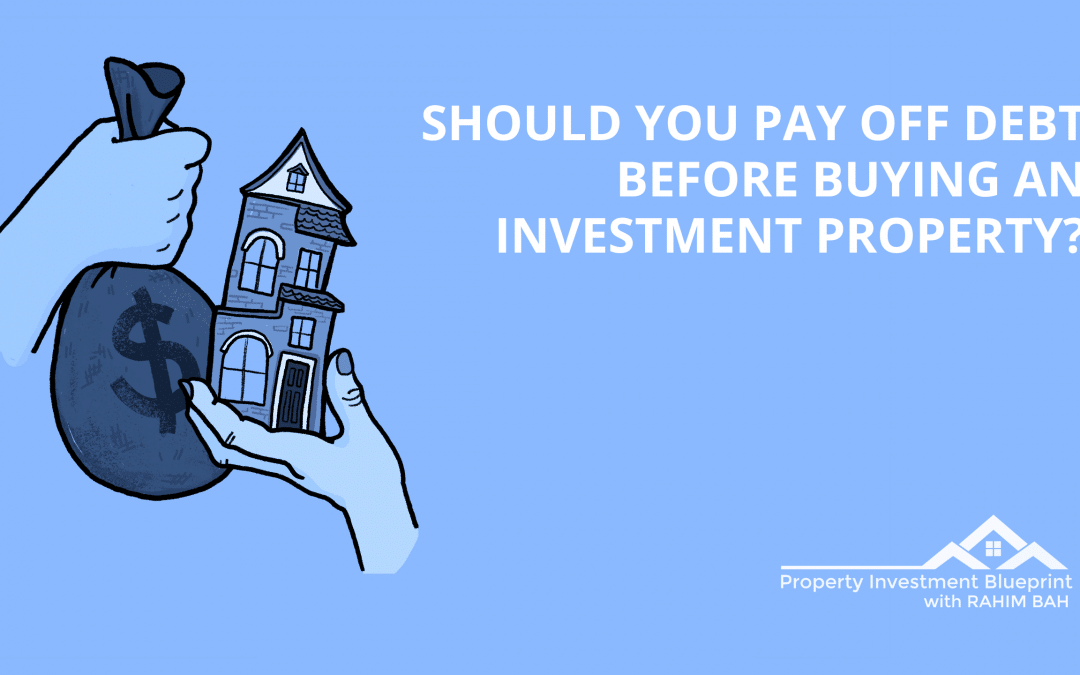The dream of having an investment property is a strong motivator for many people who want to get ahead financially and build wealth. But before you jump into the world of real estate buying, it’s important to think carefully about your finances. People who want to invest often have to decide if they should pay off their debts first or buy an investment property.
Understanding Your Financial Landscape
- Current Debts
List all of your outstanding debts, such as credit card balances, school loans, car loans, and any other obligations. Take note of the interest rates, the monthly payments, and the total amount due.
- Credit Score
Check your credit score because it’s a big part of whether or not you can get a loan for a rental property. Most of the time, a higher credit score means better loan terms and interest rates.
- Savings and Down Payment
Look at how much you have saved and decide how much you can put down on a rental property. Most of the time, a bigger down payment means better loan terms.
- Monthly Budget
Look at what you make and what you spend each month. Find out how much you can easily spend on mortgage payments, property management, maintenance, taxes, and other costs related to your property.
Factors to Consider
Now, let’s look at some things to think about when choosing whether to pay off debt first or buy an investment property:
- Rates of interest
One key consideration is the gap between your current bill interest rates and your investment property return. If your debts have high interest rates, paying them off before your investment property may make more sense because the interest charges may exceed the property’s revenue.
- Debt-to-Income Ratio
When deciding if you can get a mortgage, most lenders look at your debt-to-income ratio (DTI). If your DTI is high, it can be hard to get a loan for an investment home.
- Opportunity Cost
Think about what you’d miss out on if you paid off your debts instead of dealing in real estate. If your investment property could bring in a lot of money and give you a good cash flow, it might be better to move forward with it while keeping your debt under control.
- Taking Risks
Check how you feel about taking risks. Investment homes come with risks, such as changes in the market, repairs, and problems with tenants.
Professional Property Coaching and Education
It can be hard to figure out whether to pay off debt or invest in real estate. Here are some ways that knowledge and advice can help you:
- Financial Assessment
Coaches and courses can help you do a full review of your finances, so you can make smart choices about how to handle your debt and investments.
- Understanding Loan Options
Professional help can help you look into different loan options and figure out how interest rates affect your business choices. This information is very helpful when deciding whether to pay off debt or buy a home.
- Risk Management
Investing in investment property classes often talk about ways to handle risks. You can make good financial decisions if you know how to reduce the risks of both debt and real estate purchases.
Click on this link to learn about the various pros and cons of paying off debt!
In the end
Paying off debt before buying an investment property is a complicated decision that relies on your unique financial situation, goals, and willingness to take on risk. There is no one-size-fits-all answer, but professional property coaching, the best real estate investing courses, or investment property classes can give you the information and insights you need to make an informed decision.

